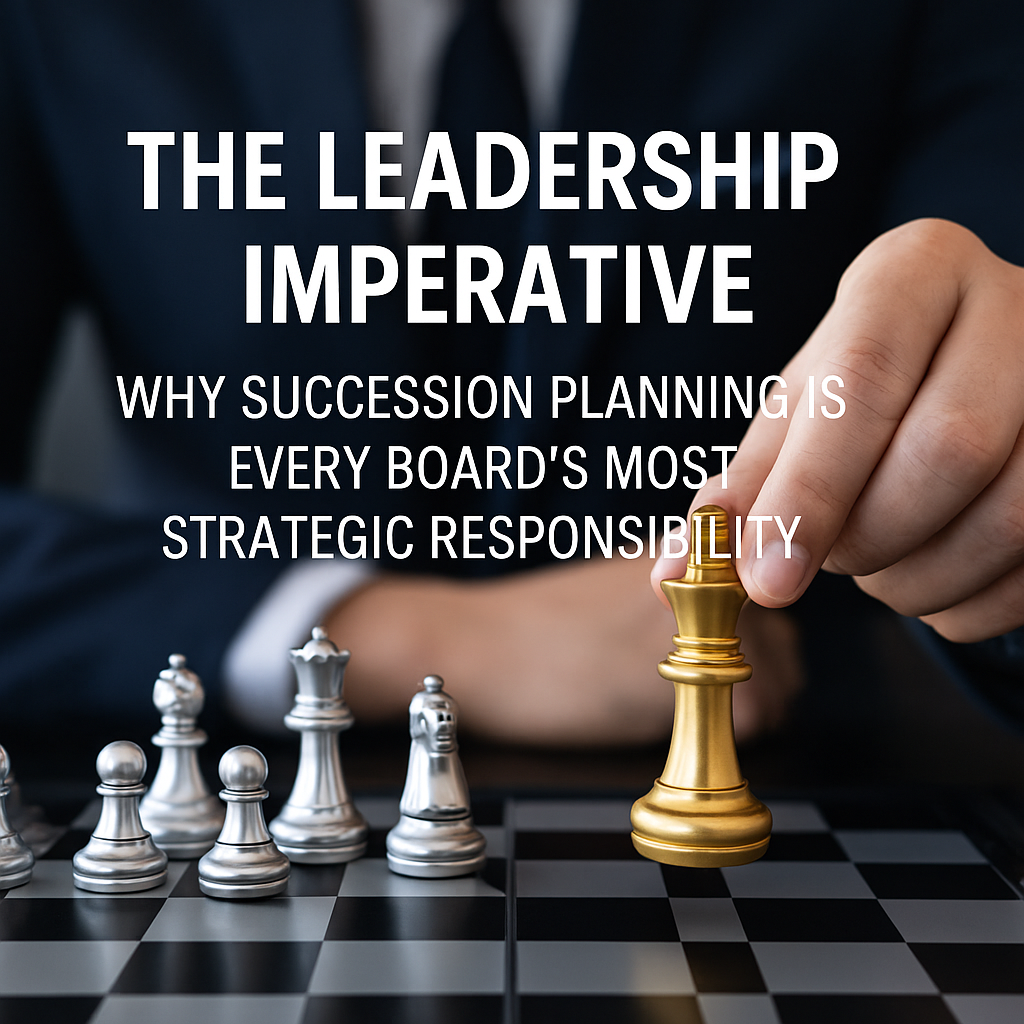The world of corporate governance can seem shrouded in mystery. But for many professionals, a seat at the table as a non-executive director (NED) presents a prestigious and impactful opportunity. This article sheds light on non-executive director roles, empowering you to assess your fit and chart a path towards boardroom leadership.
Understanding Non-Executive Director Roles:
- Definition: NEDs are independent advisors on a company’s board of directors, distinct from the executive team responsible for day-to-day operations.
- Responsibilities: NEDs provide strategic guidance, objective oversight, and hold the executive team accountable.
- Benefits: NED roles offer the chance to influence strategic direction, contribute valuable expertise, and gain valuable boardroom experience.
The Ideal Non-Executive Director Profile:
- Strong Business Acumen: A solid understanding of financial statements, business strategy, and risk management.
- Industry Expertise: Knowledge specific to the company’s industry and its competitive landscape is highly valued.
- Independent Judgment: The ability to think critically and provide unbiased advice is paramount.
- Excellent Communication Skills: Effective communication with management, fellow board members, and stakeholders is essential.
- Time Commitment: NED roles require a significant time investment for meetings, preparation, and ongoing engagement.
Exploring Different Types of Non-Executive Director Roles:
- Lead Independent Director: Heads the independent non-executive directors and ensures effective board functioning.
- Chair of a Board Committee: Leads a specific committee, such as audit, compensation, or nomination committee.
- Non-Executive Director with Specific Expertise: Brings specialized skills in a crucial area like legal, technological, or marketing expertise.
Boardsi: Your Partner in Navigating Non-Executive Director Roles:
Boardsi offers a range of services to support professionals on their NED journey:
- Board Development Programs: Enhance your skills and gain the knowledge necessary to thrive as a non-executive director.
- Board Matching Services: Connect with companies seeking qualified NEDs aligned with your experience and expertise.
- Governance Best Practices Guidance: Ensure you operate effectively within the highest standards of corporate governance.
#nonexecutivedirector #NED #boardofdirectors #corporateg governance #boardleadership #strategicguidance #independentdirector #boardroles









